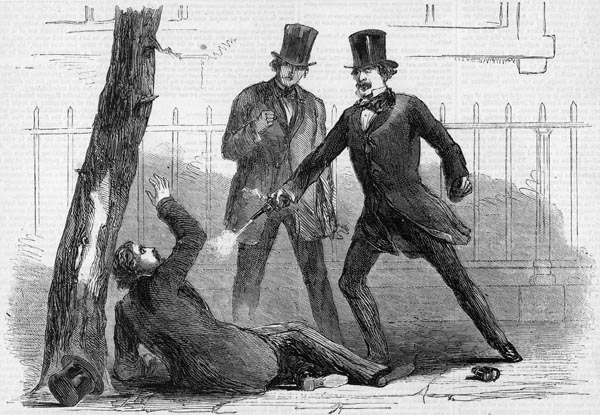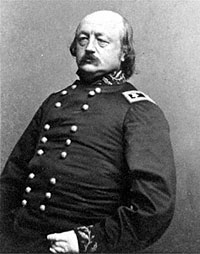The perils of "politics": Baitz's "Other Desert Cities"
When you see a play about "politics" in a Boston or Cambridge theater, you're pretty sure what you're going to get: an image of Republicans (or, more generally, well-off white people, who can, to be fair, also be clueless liberals) as oppressive hypocrites. On that score, Jon Robin Baitz, in his play "Other Desert Cities", currently at the Music Box in Boston, does not disappoint.
The story of the play is pretty simple. Lyman and Polly Wyeth are Hollywood Reagan Republicans, with extensive film credits, he for acting, she for writing, and now live in busy retirement in Palm Springs. Their unstable daughter Brooke comes to visit, to tell them that she has written a book about them and her older brother, Henry, who got involved in radical antiwar activities and committed suicide.
A play involving a writer already has a problem. Instead of having a need to examine the past that grows out the unwelcome compulsion of someone who has other things to do, Brooke is a professional witness and rememberer, and so digs things up because it is consistent with her job. Brooke had a breakdown, and an early book that everyone insists was brilliant. She hasn't been able to write for a long time. Grabbing her family's tragedy is an easy out for her. A blocked writer will do anything to get words on the page.
But that's subtext, and if it's anything Baitz hates, it's subtext. Every underlying stress is laid out by the characters in articulate, verbose speeches. Everyone talks about what they are talking about. No one says one thing while meaning another, no one is after anything that is not right in front of them, no one slyly changes the subject while seeming to be candid.
Two other characters are Trip, the youngest brother, who produces a cheesy reality TV show and seems like he should be funnier than he is, and Polly's truth-telling alcoholic sister Silda, who gets some unearned laughs by condemning Republicans for being Republicans. Truth-telling alcoholics are almost as dangerous to plays as writers.
Polly and Silda used to write movies together, then had a falling out, a story that seems much more interesting than this one.
The first act was actually not bad, with some snappy patter. When he relaxes, Baitz can write. The second is endless, and involves the revelation of a secret so freaking stupid that you can't believe it. The secret is so big and lumpish that in order to have missed it, Brooke's search for truth turns out to be so lame and pathetic it's lucky she can remember where her parents live.
What might have saved this absurd revelation is for each of the characters to reveal something else that makes the previous version false, but Baitz hates ambiguity as much as he hates subtext, so there is a true story, damn it, and he's going to tell it to you, no matter how dumb it is.
If you search for reviews of this play online, you will see a lot of raves. That makes no sense to me at all. Even if you liked the play (and my friend Marilyn did, and was a bit hurt that Sherri and I thought it was total dreck), I don't think you can make much of a claim for quality. But I've had this trouble before with earnest productions aimed at our waning demographic. We went to the SpeakEasy to avoid these things, but it seems they have followed us from the Huntington.
In the Playbill, it twice mentions that Baitz was fired from the show he created, Brothers and Sisters, because, he says, he wanted to do "...an entertaining meditation on class and position in America" and the producers wanted a night-time soap opera.
Maybe.
No one boos at plays anymore, and I didn't either. I just put my coat on and left in silence. Like many other talented modern playwrights, Baitz needed to be challenged, edited, forced to rewrite and rewrite again. Instead he was overpraised, and the result is Other Desert Cities.



